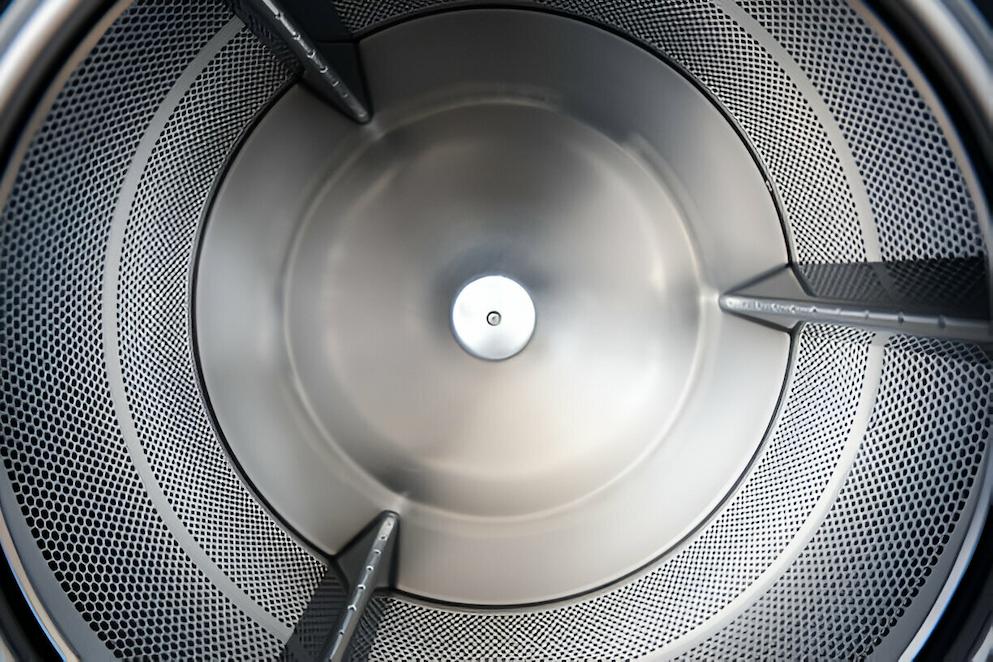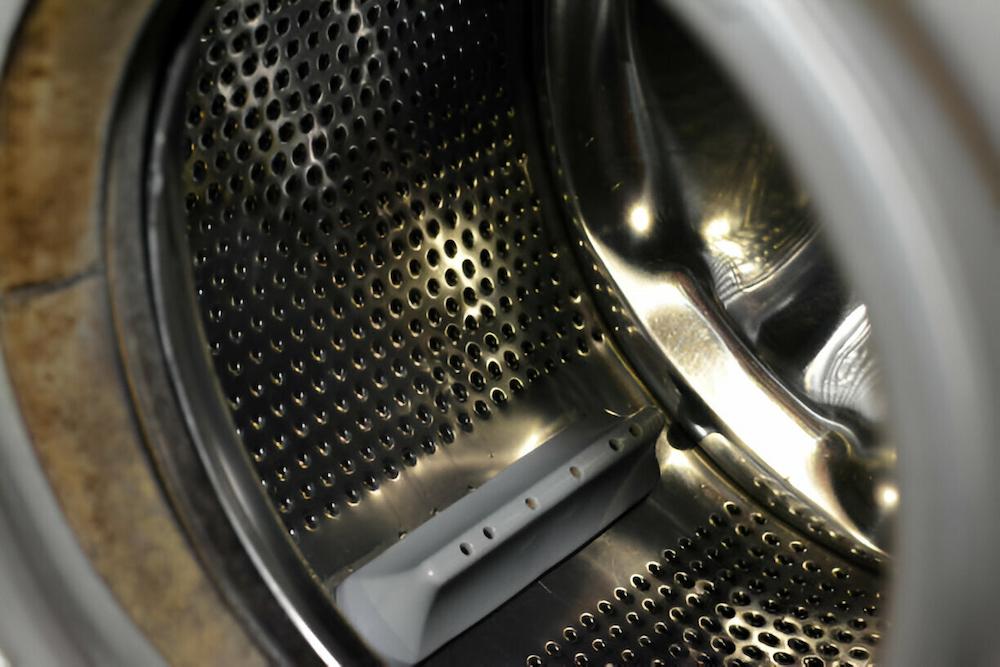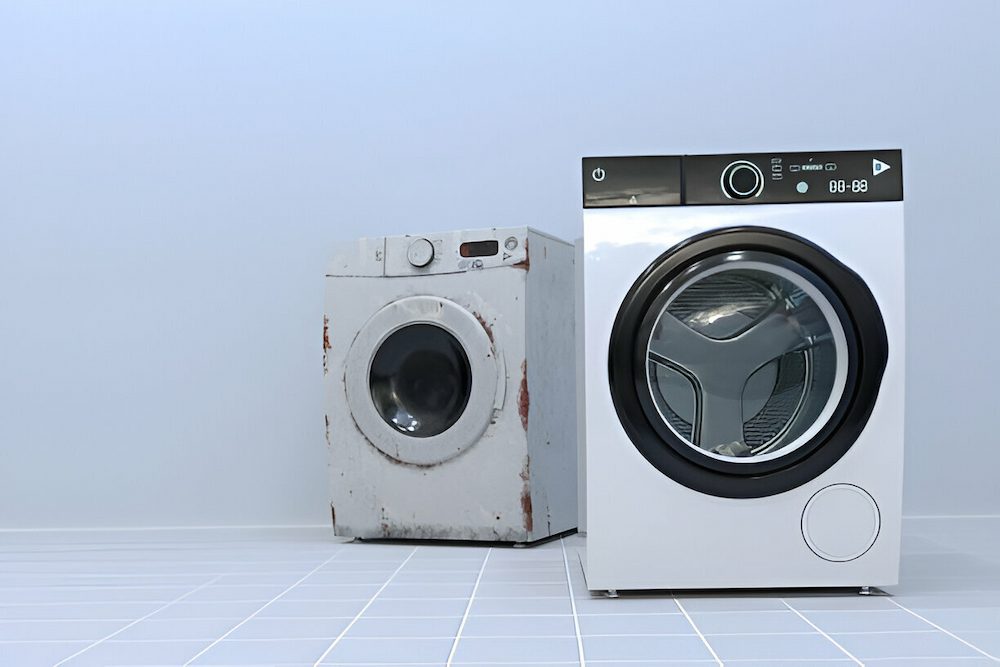How to Service Your Washing Machine at Home

Table of contents
- Proper Installation
- Correct Loading
- Use Appropriate Wash Cycles
- Maintain the Drum
- Prevent Detergent Buildup
- Clean the Heating Element
- Handle Moisture and Humidity
- Address Smells and Mold
- How Long Should a Washing Machine Last?
- Average Lifespan of Washing Machines
- Factors Affecting Longevity
- Tips to Extend the Lifespan
Keeping your washing machine in top-notch condition at home isn't just beneficial—it’s essential. By doing so, you can extend its lifespan and maintain its efficiency. Neglecting this vital household appliance can lead to frequent and frustrating breakdowns, costing you both time and money in repairs. This guide is packed with practical tips to help you take care of your washing machine, ensuring it serves you faithfully for many years to come.

Proper Installation
First and foremost, make sure your washing machine is installed correctly. Use the adjustable legs at the bottom to level the machine perfectly. An uneven washing machine doesn’t just make a racket with unnecessary vibrations and noise—it also accelerates wear and tear. Periodically check that your machine hasn’t shifted from its spot, especially after handling heavy loads, to maintain its stability and smooth operation.
Correct Loading
When it comes to loading your washing machine, moderation is key. Even if manufacturers boast high capacities, resist the urge to fill it to the brim. Overloading puts excessive strain on the drum and bearings, setting you up for costly repairs down the line. For best results, loosely fill the machine, allowing clothes to tumble freely.
Use Appropriate Wash Cycles
Quick wash cycles might be a convenient time-saver, but they shouldn’t be your go-to for every load. Occasionally running high-temperature, long cycles is crucial. These thorough cycles clean the internal components more effectively, eliminating residues and bacteria that shorter cycles might miss.

Maintain the Drum
Don’t forget to give your washing machine drum some TLC. Run an empty cycle on a high-temperature setting regularly to clean the drum and ward off mold growth. If your machine boasts a dedicated drum cleaning cycle, use it periodically. If not, a cycle with citric acid or a specialized washing machine cleaner will do the trick.
Prevent Detergent Buildup
Moderation applies to detergent use too. Excessive detergent, especially in powdered form, can lead to buildup on internal parts, causing damage over time. Stick to the recommended amounts and consider liquid detergents, which dissolve more easily and thoroughly.
Clean the Heating Element
Hard water is a sneaky culprit that can cause limescale buildup on your washing machine’s heating element, reducing efficiency and risking failure. Combat this by running a maintenance cycle with a descaling agent or citric acid regularly. This routine ensures the heating element remains efficient and prolongs its lifespan.

Handle Moisture and Humidity
If your washing machine resides in a humid area, like a bathroom, it’s more susceptible to rust and electronic failures due to moisture. If possible, position your washing machine in a dry area. After each wash, leave the door and detergent drawer open to let the interior dry out, preventing mold and mildew.
Address Smells and Mold
Residual moisture can lead to mold and unpleasant odors. Regularly clean the door seal and detergent drawer. After each wash, wipe down the door and leave it slightly ajar to promote air circulation. Ensure drainage holes are clear to prevent water accumulation, keeping your machine fresh and odor-free.
How Long Should a Washing Machine Last?

When investing in a washing machine, it's crucial to understand its expected lifespan and factors that influence it. This guide explores the average longevity of washing machines and tips to extend their life, ensuring you get the most value from your purchase.
Average Lifespan of Washing Machines
Washing machines typically last between 7 to 10 years. Manufacturers determine these averages by testing machines under various conditions and recording their performance over time. The lifespan depends not only on the brand but also on the quality of the components used. Some brands are known for their durability:
- Miele (Germany): Approximately 20 years
- Bosch (Germany): Up to 10-15 years
- Samsung and LG (South Korea): 8 to 10 years
- Whirpool (USA): 10 to 15 years
Factors Affecting Longevity
Several factors can impact the lifespan of your washing machine:
- Water Hardness: Hard water can damage the heating element.
- Foreign Objects: Items left in pockets can damage the drum.
- Power Surges: Voltage fluctuations or lack of grounding can cause malfunctions.

Tips to Extend the Lifespan
- Avoid Overloading: Overloading your washing machine can strain the motor and other components.
- Use Quality Detergents: Choose high-quality powders, gels, or capsules for optimal performance.
- Install Water Filters: Softening the water can protect the heating element and other parts.
- Control Load Weight: Ensure the laundry weight is within the machine's capacity.
- Remove Foreign Objects: Always check and empty pockets before washing.
- Clean the Filter: Regularly clean the filter to remove lint, hair, and other debris.
- Perform Regular Maintenance: Periodically disinfect your machine to keep it running smoothly.
By following these guidelines, you can help ensure your washing machine operates efficiently and lasts as long as possible. Proper care and maintenance are key to extending the life of your appliance, providing you with reliable service for years to come.






